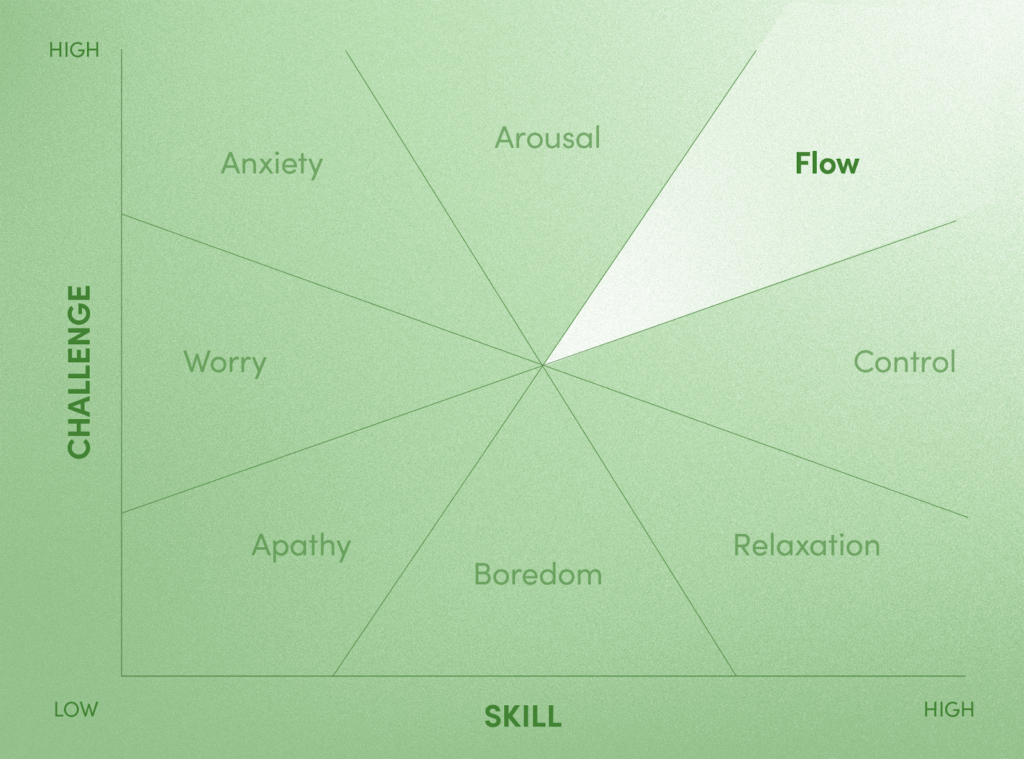By: Barbara Schneider
This is the second of a two-portion collection on the legacy of Mihaly Csikszentmihalyi.
When I was in 10th quality, biology was my the very least favorite topic. We put in a large amount of time memorizing a bunch of meaningless words—variables, cause and impact, bacteria. What’s the pleasurable in that?
I vividly bear in mind the minute my feelings improved. My trainer begun the course with a issue: “Nearly 200 decades back, a lot more females died in childbirth in hospitals than when babies had been delivered at home—why do you believe that was taking place?”
“How was that attainable in hospitals?” I asked myself. My boredom melted as I attentively watched a film about Dr. Ignaz Semmelweis and his discovery of how an standard chemical could eradicate a transmissible lethal illness.
Currently, as I enable my grandson scrub his fingers with soap and drinking water, I’m flooded with that memory of becoming enthusiastic by wanting to know why. How do we get children to experience what Mihaly Csikszentmihalyi calls circulation, that sensation of remaining so included in a task that time flies by?
For all college students, it’s tricky to learn when the issues becoming questioned are not personally significant. Biology started out to turn out to be a lot more interesting for me, for instance, since the class dialogue was about moms.
Learners also want to be challenged—and have the expertise to meet that problem.
Barbara Schneider
But desire alone is not ample. College students also want to be challenged—and have the abilities to meet that obstacle. If they don’t, they can grow to be anxious or pressured. Or, if they’re far too adept and can clear up a issue effortlessly, they get bored.
In my study, I have uncovered that when college students feel engaged in science class—experiencing high levels of fascination, obstacle, and skill—they are much more most likely to report that science is significant to them and their futures. If mom and dad and instructors want children to pursue difficult projects that enrich discovery and creativity, we need to have to structure significant challenges that young children never know the reply to but have the functionality to find out.
Do not assume that young children having difficulties with a research assignment are lazy.
Do encourage young individuals to discover problems that make a difference to them. It took lots of years following Semmelweis’s discovery to figure out what in distinct about hand-washing saved the life of mothers and their babies, and a lot of much more a long time for medical professionals to undertake the practice. If younger scientists make your mind up to tackle interesting puzzles, there’s no restrict to what they may possibly resolve.
With gratitude,
Barbara
Barbara Schneider is the John A. Hannah College Distinguished Professor in the Faculty of Training and the Division of Sociology at Michigan Condition College. She is the author of 19 books, which include Learning Science and, with Mihaly Csikszentmihalyi, Getting to be Grownup.



More Stories
Join the Online Education Wave: Virtual Preschool Teacher Jobs Open!
Truth For Teachers – Why you need a “to-don’t” list
SkillsUSA Devils Lake brings home 16 medals